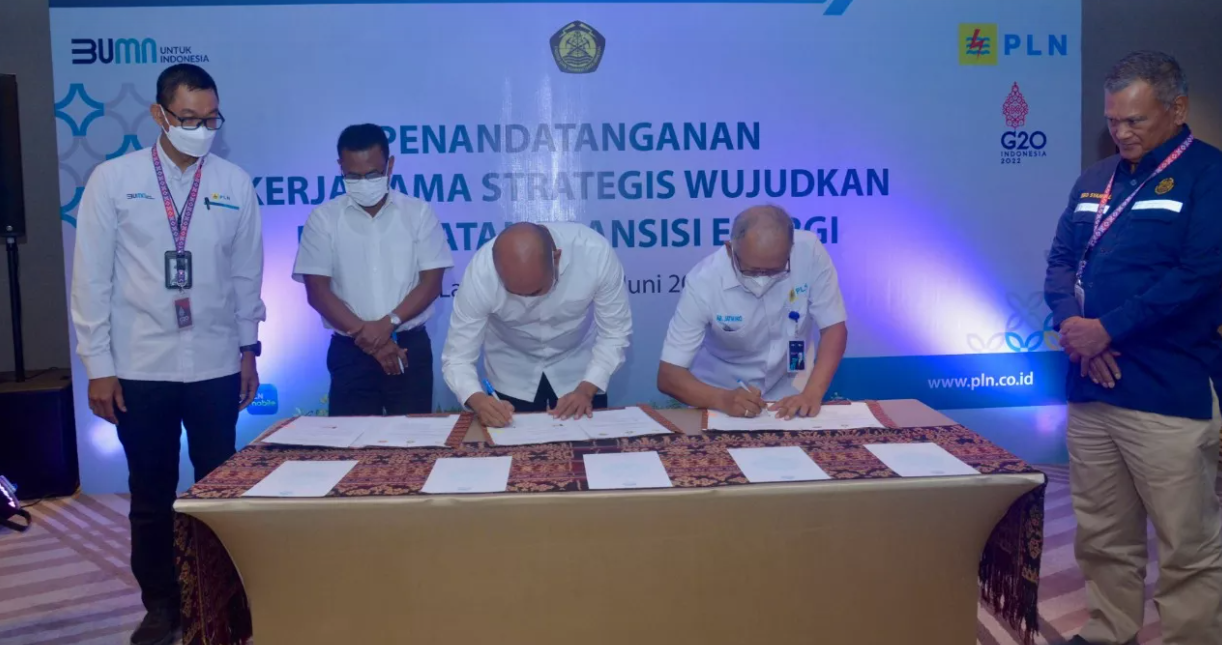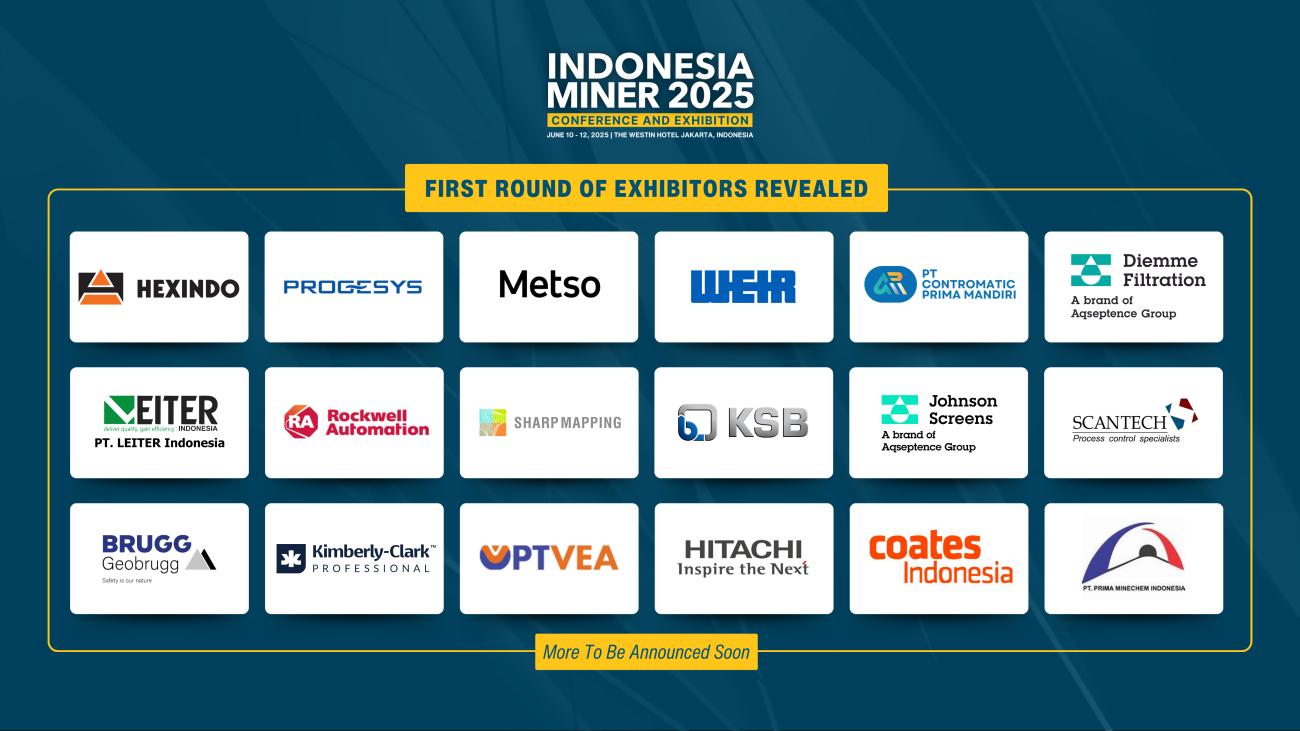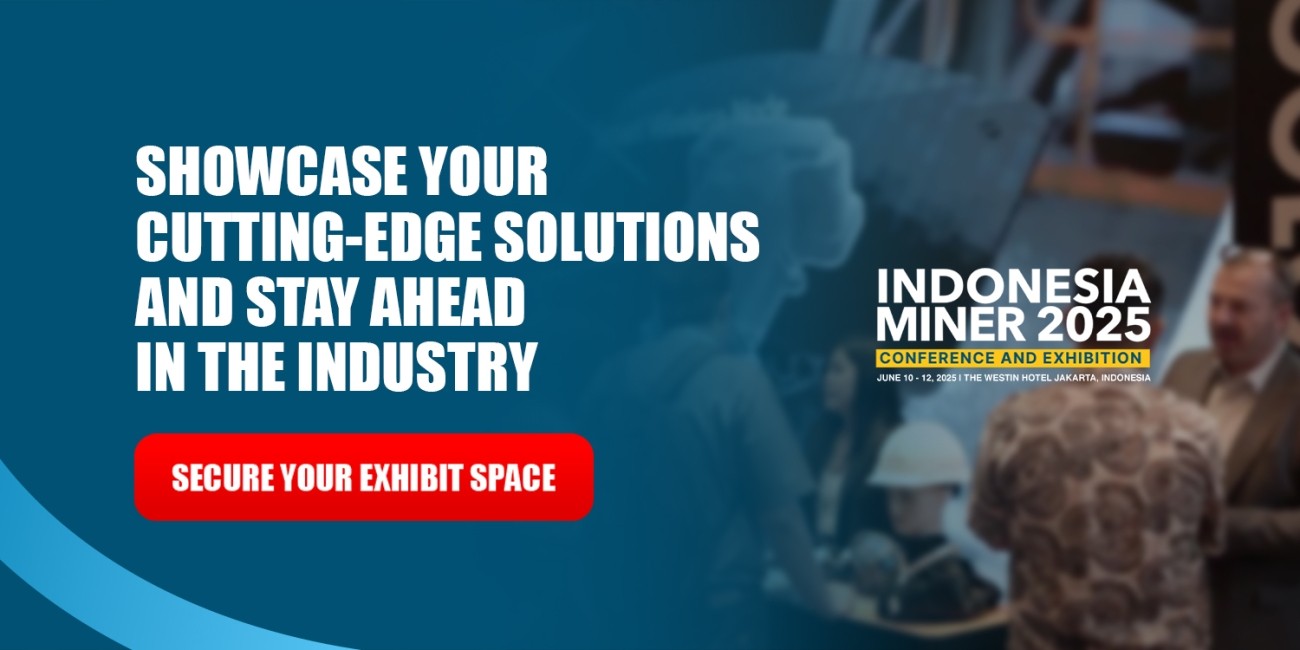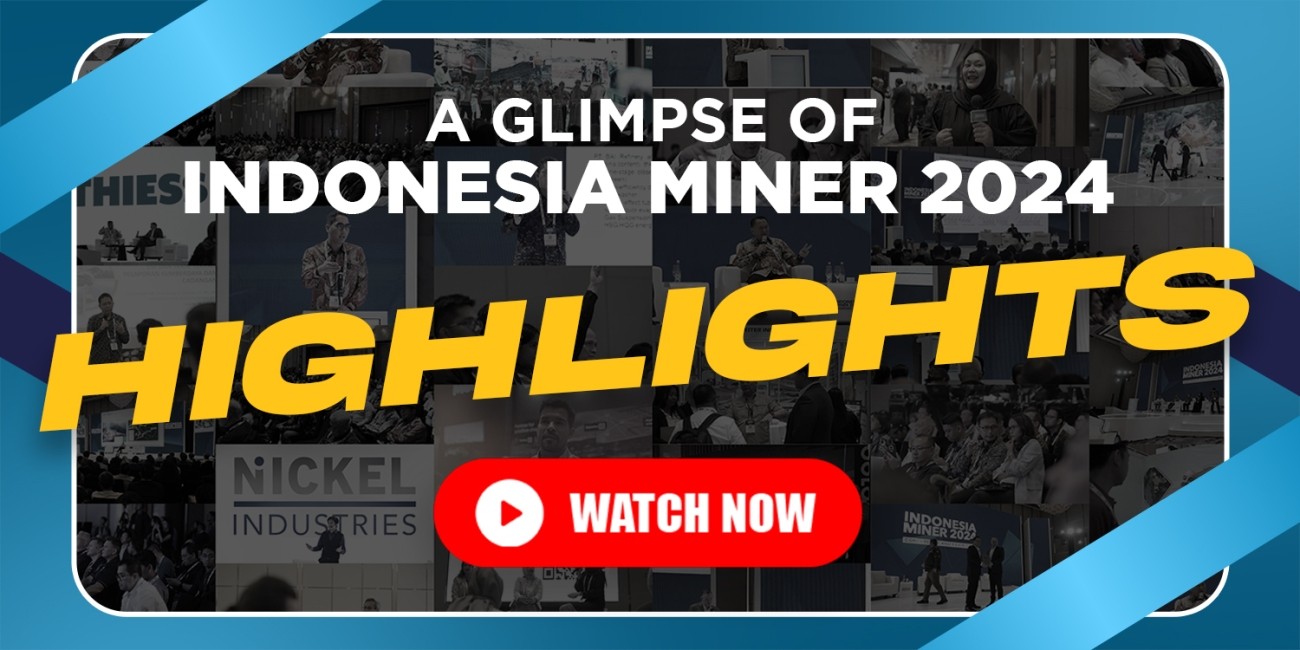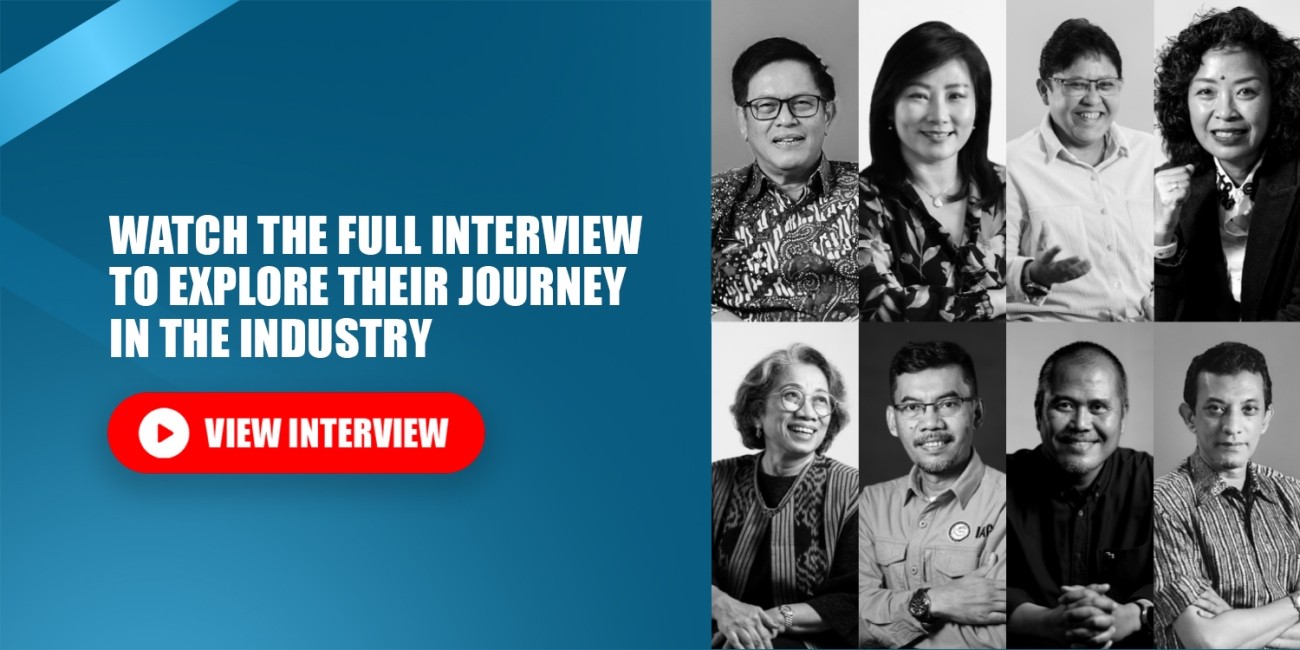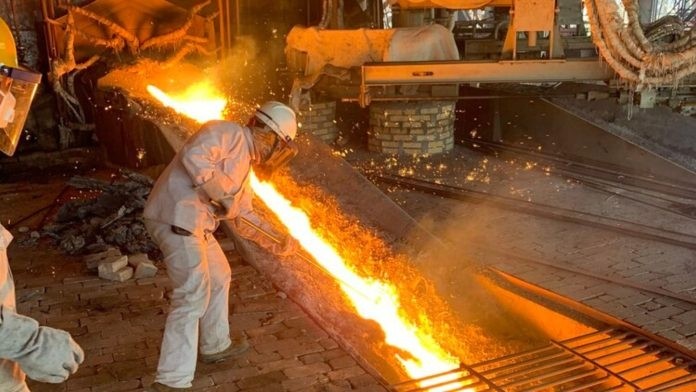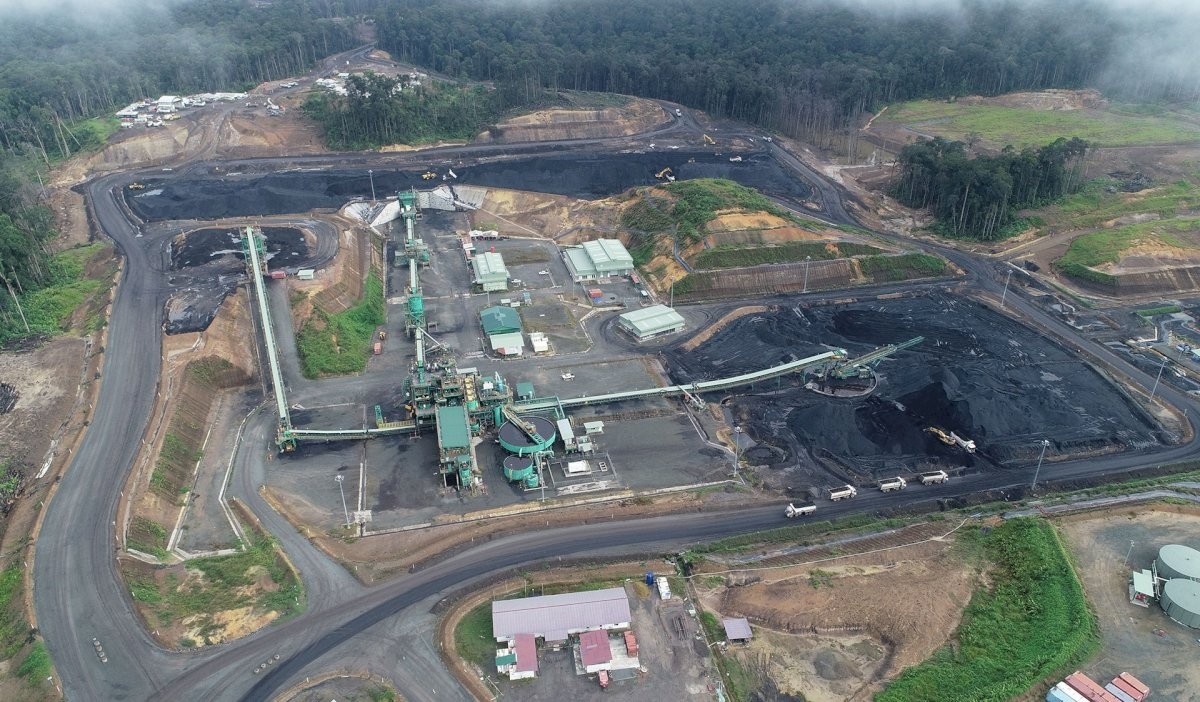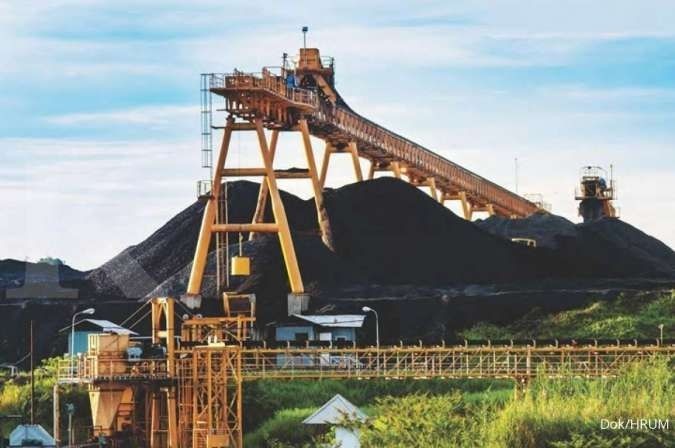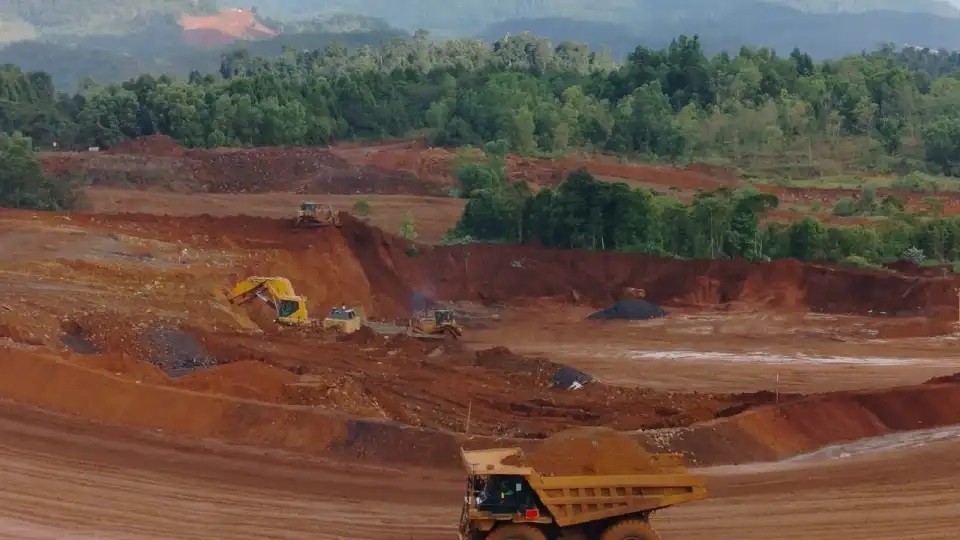Representing the Minister of Energy and Mineral Resources (ESDM) Arifin Tasrif, Secretary General of the Ministry of Energy and Mineral Resources Ego Syahrial today, Friday (24/6) witnessed the signing of three Memorandums of Understanding supporting the energy transition program. This signing is part of a series of The 2nd Energy Transitions Working Group (ETWG), in Labuan Bajo, East Nusa Tenggara.
According to Ego, currently all countries are trying to keep the global temperature increase up to 1.5?C to avoid the impact of global disasters and climate change, including extreme heat, rising sea levels, the extinction of several living things, changes in ecosystems, and the extinction of coral reefs and coral reefs. marine fisheries.
For this reason, efforts are needed to mitigate climate change by reducing carbon emissions (decarbonization) but while maintaining energy security. "This makes the energy transition even more urgent to be implemented as the direction of the national energy policy going forward, namely the transition to cleaner, less emission and environmentally friendly energy in accordance with Indonesia's commitments to the Paris Agreement and the Net Zero Emission target in 2060 or sooner with international assistance," said Ego.
Mitigation efforts carried out include the development of New Renewable Energy (EBT), reducing the use of fossil energy and increasing the use of Battery-Based Electric Motorized Vehicles (KBLBB). The Ministry of Energy and Mineral Resources, continued Ego, continues to encourage the KBLBB Program to realize cleaner energy use, reduce fuel imports, save foreign exchange and reduce CO2 emissions.
To note, today a Memorandum of Understanding was signed between the Ministry of Energy and Mineral Resources with PT Pertamina (Persero) and PT PLN (Persero) for the electric motor conversion program. Furthermore, between PT PLN (Persero) and HIMBARA (Bank Mandiri, BRI, BNI, BTN) for KBLBB ownership credit and infrastructure development for Public Electric Vehicle Charging Stations (SPKLU).
"This is an effort to create a KBLBB ecosystem with a target of 6 million electric motor units by 2025. The implementation of this program will be able to save fuel around 13 million barrels/year or Rp. 16 trillion/year, reduce CO2 emissions by 4 million tons/year and increase electricity consumption is 2.4 terawatt hours (TWh)/year," explained Ego.

This program also provides benefits for increasing new skills for the younger generation, opening up new job opportunities with conversion workshops, and increasing local component production. Meanwhile, another memorandum of understanding signed was between PT. PLN (Persero) with the Provincial Government of NTT and Nusa Cendana University in developing integrated energy forests and livestock in the context of producing biomass to meet the needs of Steam Power Plants (PLTU). This program can also reduce the use of fossil energy through co-firing of biomass at PLTU.
"It is hoped that through this program, community empowerment, BUMD, MSMEs can be carried out by involving universities to provide biomass raw materials in a sustainable manner," said Ego. Meanwhile, the President Director of PLN Darmawan Prasodjo stated that PLN was ready to support the conversion program of fuel motors to electric motors to accelerate the formation of an electric vehicle ecosystem in Indonesia and accelerate the achievement of the Carbon Neutral target by 2060.
"This conversion is also a step for us to be more independent in energy security. Because we are moving from import-based energy to domestic-based energy," said Darmawan. He said that this year PLN has prepared 400 units of electric motors that will be used as operational vehicles. This is also one of PLN's ways to campaign for electric motors to the public.
"Because this motorbike will continue to circle, there is a logo of PLN and the Ministry of Energy and Mineral Resources. That this will be seen by many people and the cost will go down. So that it can attract people's attention," said Darmawan. He also said that using electric vehicles could reduce carbon emissions. Given that one of the largest contributions of carbon emissions today comes from the transportation sector.
"Emissions of 1 liter of fuel are lower than electricity, the carbon emission is lower than electricity. For that, we strongly support this program as one of the steps to reduce carbon emissions," added Darmawan. In addition to being actively involved in converting fuel motors to electric motors, PLN also ensures that the electrical infrastructure to support electric vehicles in Indonesia is available.
PLN support through the provision of electricity infrastructure through public electric vehicle charging stations (SPKLU), general electric vehicle battery exchange stations (SPBKLU) and Home Charging Stations. Until May 2022, PLN has provided 90 SPBKLU units to make it easier for electric motorbike owners to charge. Meanwhile for SPKLU, PLN has presented 129 SPKLU units consisting of SPKLU Fast Charging and Ultra Fast Charging spread over 98 points.
"This year, PLN has allocated funds to add 40 SPKLU units to make it easier for people to fill their electric vehicles," concluded Darmawan. (RZ)
Source: https://www.esdm.go.id/id/media-center/arsip-berita/komitmen-ekosistem-kendaraan-bermotor-listrik-berbasis-baterai-terus-diperkuat
